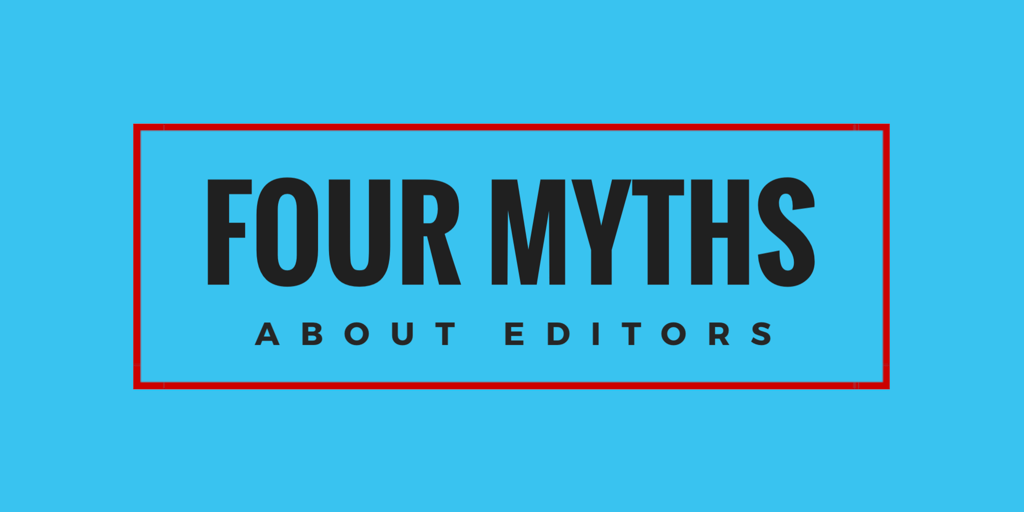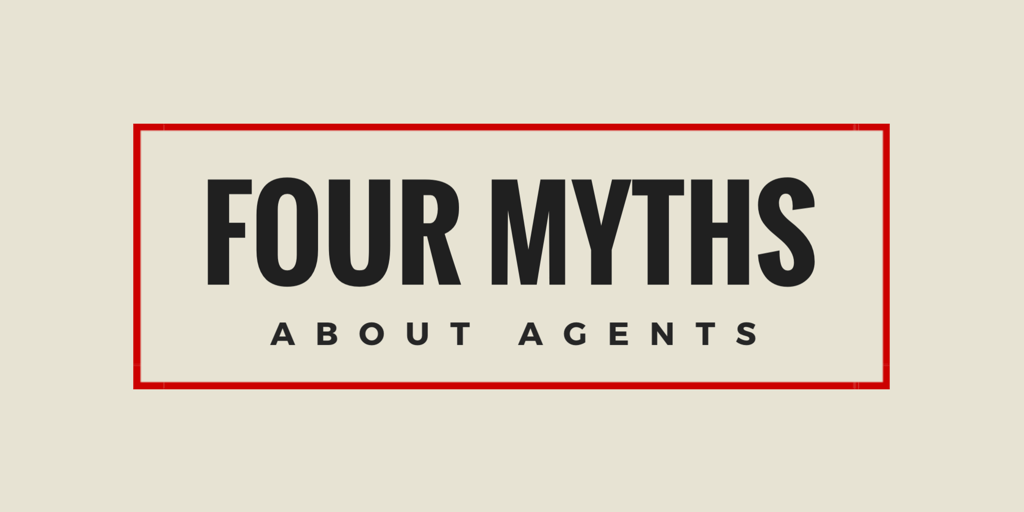I don’t believe in being mysterious, especially as an agent. Since I used to write books for publication, I know what it’s like to put your career in the hands of others. As a writer, I wouldn’t want to send off my precious work and then hear no updates or any word from my agent. I realize any agent will update a client when a contract offer is made. And I realize that, technically, that’s all the writer needs to know. After all, who wants to live through many, many rejections?
No one.
But keeping the author up to date on rejections does give her a perspective of what’s happening with her work. The project is being reviewed and considered, even if, ultimately, it is rejected.
When authors don’t know about rejections, they are missing out on valuable feedback. Granted, feedback from editors can be quite confusing. One editor may say the characters lack depth; another may say the plot isn’t plausible; still another may say the writing itself isn’t up to snuff. Do all these opinions matter when a different editor comes to the agent with, “I love this! Here’s a contract!” Ultimately, maybe not. But the rejections are part of the journey; and whether we like it or not, we all learn from rejections in any part of life.
So far, I haven’t met an author who said, “Submit the manuscript, and I never want to hear from you again until we get an offer.” If an author said that to me, I’d comply. But I’ve found that most authors want to know what’s happening with their work in a timely manner. So I let authors know when rejections come in, at the time they come in.
Then acceptance is all the sweeter!
Your turn:
Do you want to hear from your agent with any and all rejections?
Would you rather hear as responses come in, or would you prefer a quarterly report?
How often do you want to hear from your agent?











